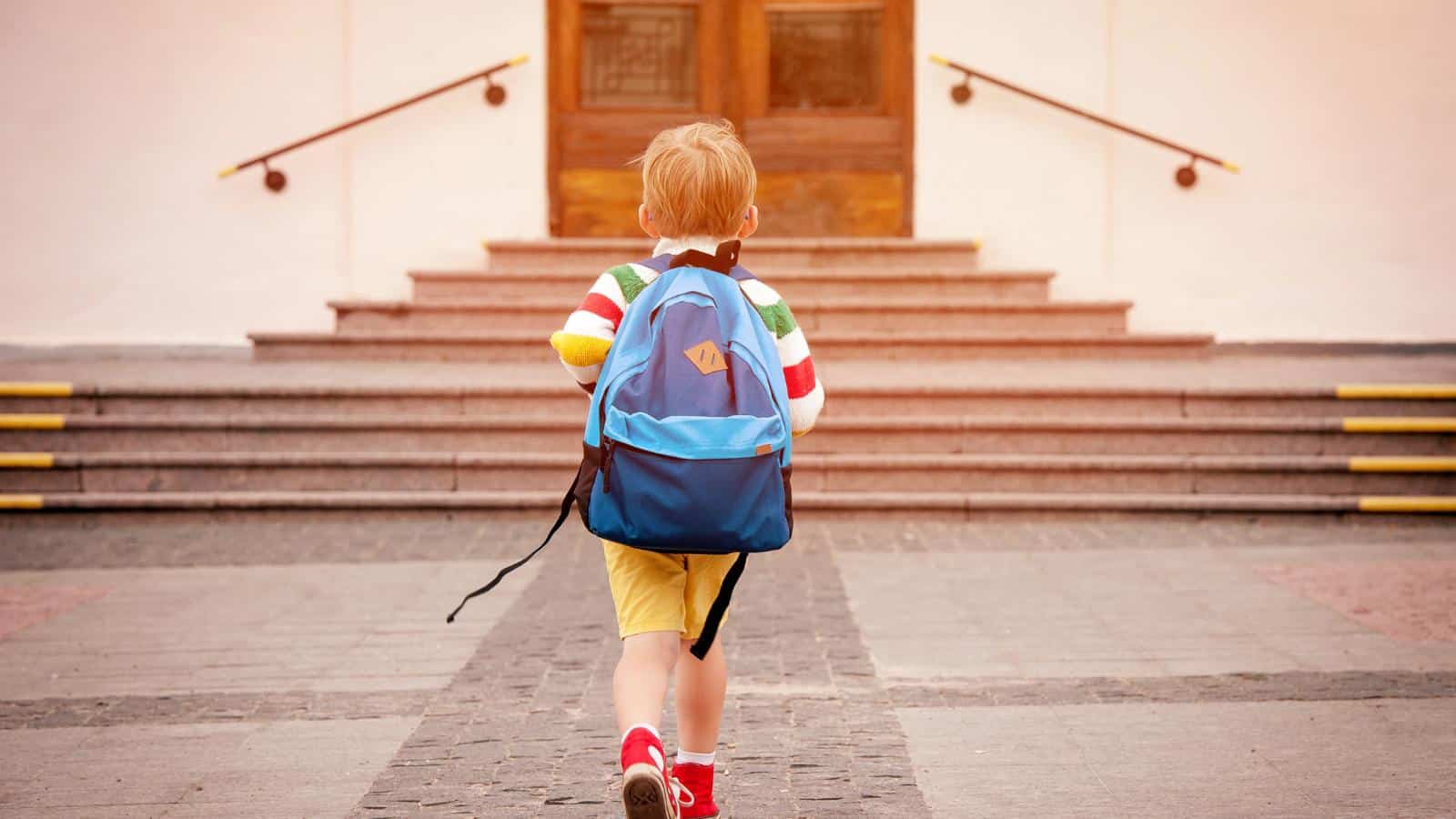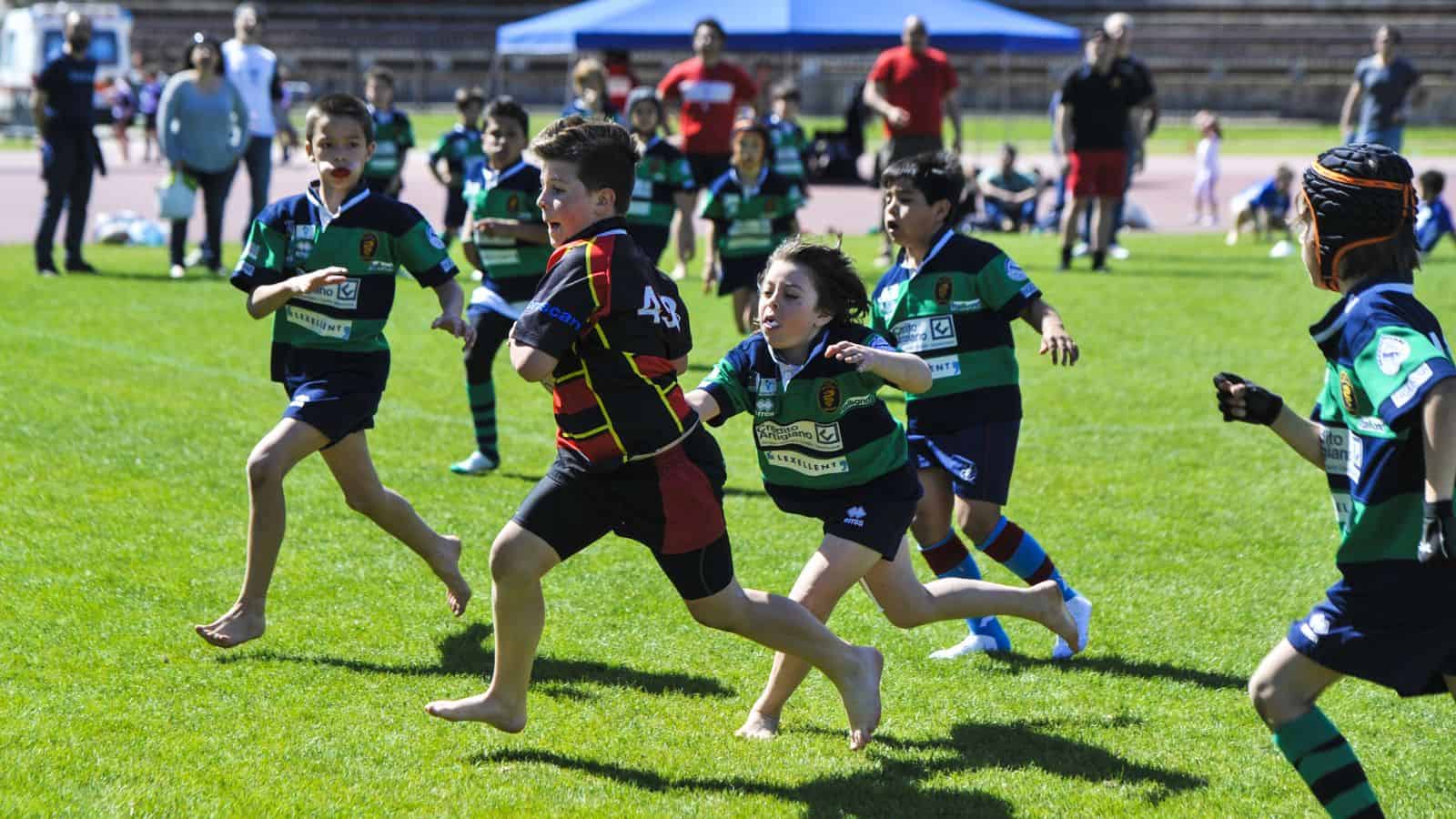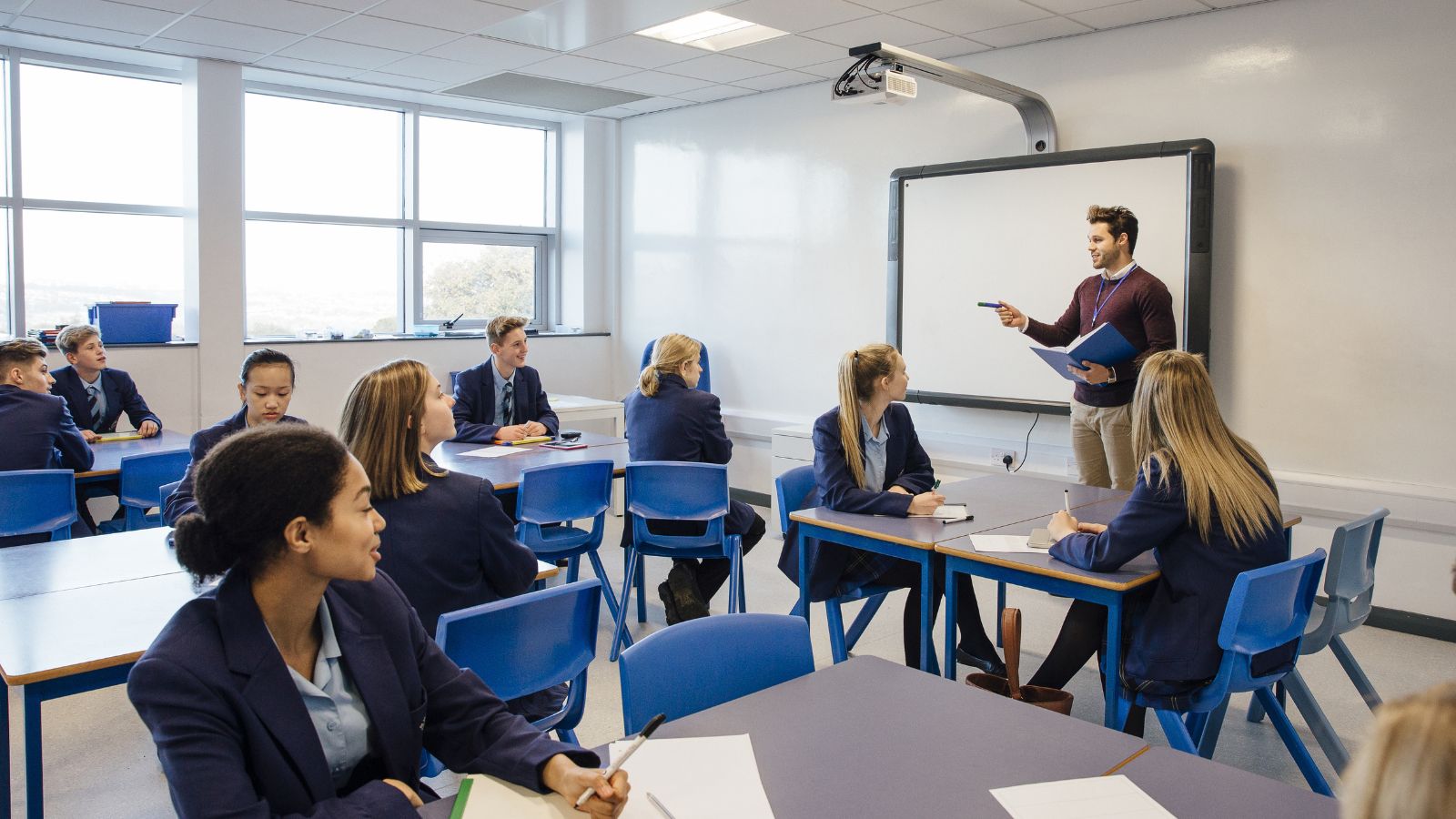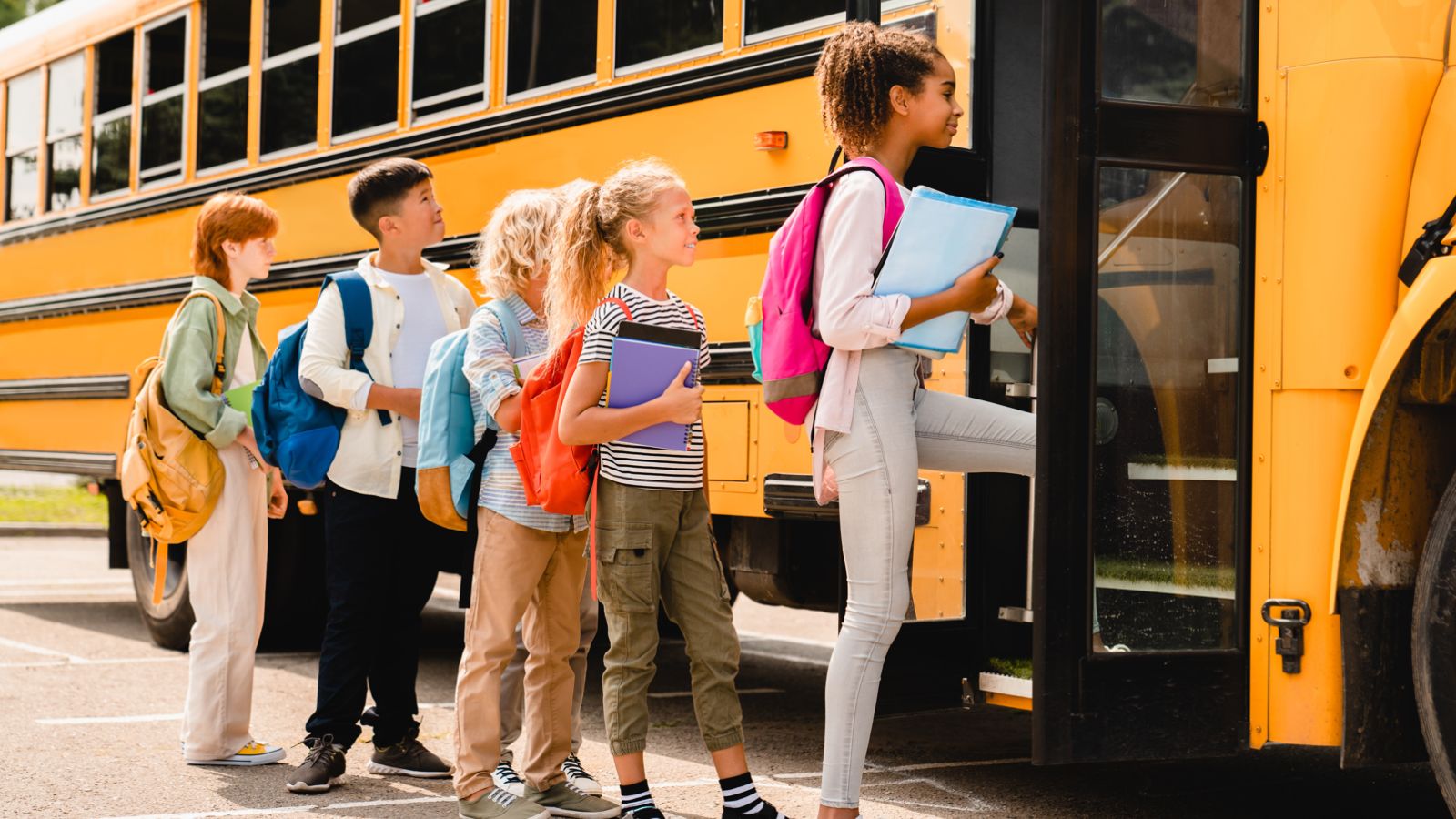Education in the UK is often seen as a great equaliser, a way for everyone to have a fair shot at success. However, privilege plays a significant role in shaping educational outcomes, including the schools children attend and the resources they have. Here are 18 ways privilege influences British education.
Private Tutoring

“Tutors are increasingly being used to help students get through specific exams,” reveals Forbes, and many families with higher incomes can afford private tutors for their children. This additional support can help students excel in subjects they find challenging, improve their exam performance, and boost their overall confidence, making a substantial difference in their educational journey.
School Choice

Parents with financial means can afford to choose between public schools and fee-paying independent schools. This choice allows them to select schools known for their academic excellence, extracurricular offerings, and extensive resources, giving their children a significant advantage.
Extracurricular Activities

If you’re from a privileged family, you often have the means to enrol children in various extracurricular activities such as music lessons, sports clubs, and art classes. These activities not only enrich the children’s lives but also enhance their university applications and social skills, giving them a competitive edge.
Networking Opportunities

Parents with influential networks can often secure internships, work experience, and other opportunities for their children. These connections can provide valuable insights into potential career paths and give students a head start in their chosen fields, which can be crucial in competitive job markets.
Access to Technology

In wealthier households, children typically have access to the latest technology, including computers, tablets, and high-speed internet. This access enables them to complete homework more efficiently, engage in online learning, and utilise educational resources that may be inaccessible to their less privileged peers.
Stable Home Environment

A stable home environment, often facilitated by financial security, plays a crucial role in a child’s ability to focus on their studies. Children from privileged backgrounds are less likely to experience the stress of financial instability, which would otherwise negatively impact their academic performance and overall well-being.
Quality Nutrition

Children from higher-income families generally have access to better nutrition, which supports their physical and mental development. A balanced diet can improve concentration, energy levels, and overall health, enabling students to perform better academically. These children (and parents) don’t have to worry about the expense of healthy food.
Travel Experiences

Travel can be a significant educational experience. Families who can afford to travel expose their children to different cultures, languages, and histories, broadening their perspectives and enhancing their understanding of the world, which can positively influence their education.
Parental Involvement

Privileged parents often have more time and resources to be actively involved in their children’s education. This involvement can include helping with homework, attending school events, and advocating for their children’s needs, all of which can contribute to better educational outcomes.
School Funding

Schools in affluent areas tend to have more funding due to higher property taxes and active fundraising by parents. Additional funding can lead to better facilities, more extracurricular activities, and higher-paid, more experienced teachers, creating a more supportive learning environment.
Healthcare Access

When you’re children are from privileged backgrounds, they generally have better access to healthcare, including routine check-ups and mental health services. Good health is fundamental to maintaining consistent school attendance and optimal learning conditions, contributing to better academic performance.
Educational Trips

There’s also the fact that wealthier schools often organise educational trips that less affluent schools cannot afford. These trips, whether to museums, theatres, or international destinations, provide enriching experiences. Such experiences will enhance students’ understanding and appreciation of their studies.
Summer Camps

Well-off families can afford to send their children to summer camps that focus on specific interests or skills, such as coding, sports, or performing arts. Complementing formal education, these camps can help children develop a love for learning and new skills and provide a fun, supportive environment.
Language Learning

Exposure to foreign languages from an early age can also be common among privileged families, who might hire language tutors or travel abroad frequently. Proficiency in multiple languages can open doors to more opportunities and provide a significant academic and career advantage.
Confidence Building

Children from privileged backgrounds often receive more encouragement and validation, which can boost their confidence. This confidence can translate into better classroom participation. They also have leadership roles and are willing to take on challenges, all of which enhance their educational experience.
Access to Libraries

While public libraries are available to everyone, children from privileged backgrounds may have personal libraries at home and more frequent visits to well-resourced libraries. Access to a wide range of books and reading materials supports literacy development and a love for reading.
Cultural Capital

Privileged families commonly possess a greater degree of cultural capital, including knowledge, behaviours, and skills that can be advantageous in educational settings. This cultural capital can influence how children navigate school systems, interact with educators, and engage with learning materials.
Lower Stress Levels

Lastly, children from privileged backgrounds often experience lower levels of stress related to financial insecurity or unstable living conditions. Reduced stress levels can lead to better mental health, allowing students to concentrate more effectively on their studies and achieve higher academic results.







